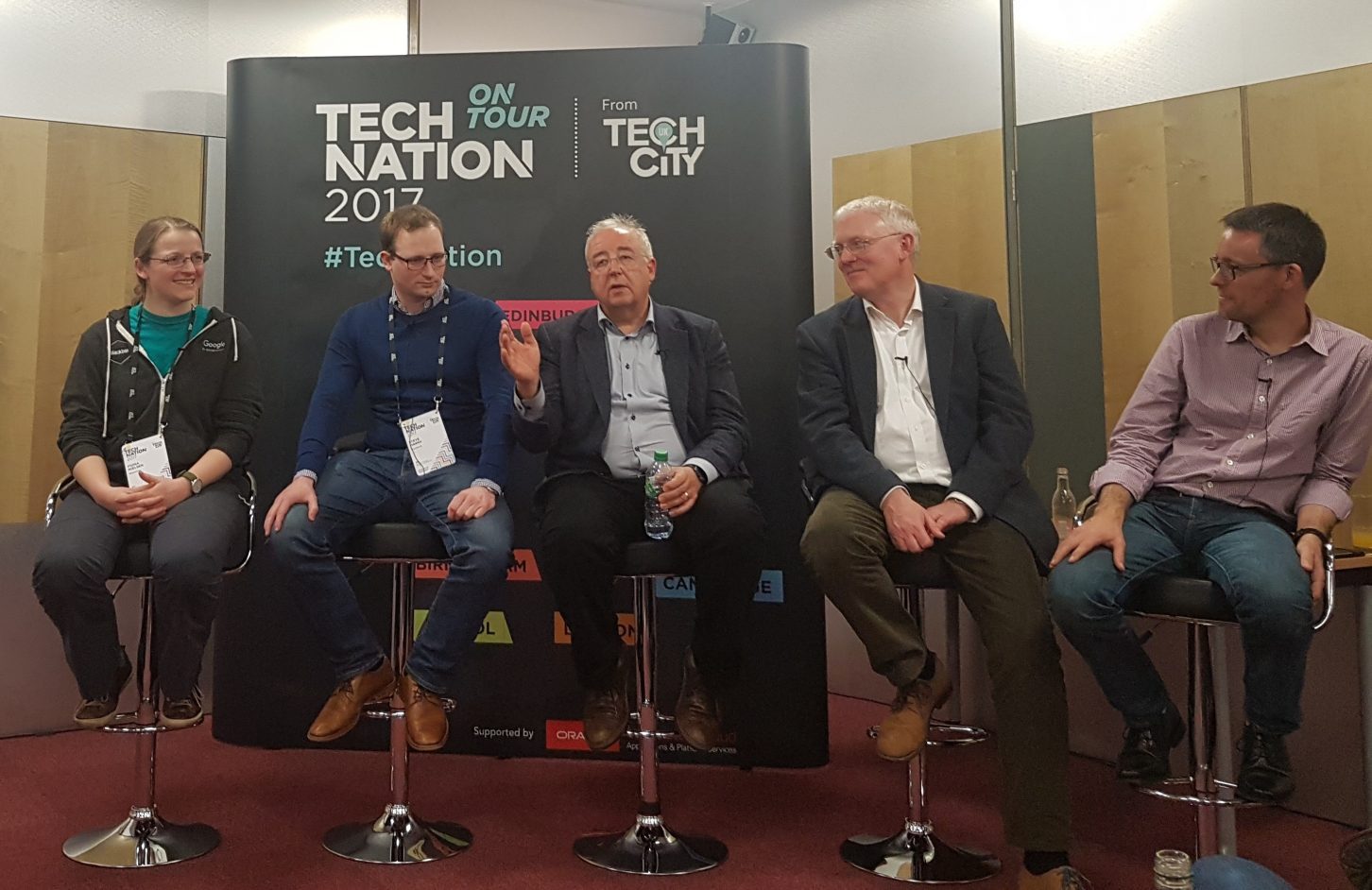A lot of fantastic tech talent is nurtured in Cambridge, but holding on to it is a real issue. That’s according to panellists at the Cambridge leg of the Tech Nation tour.
Tech City UK’s Tech Nation report shows there are 30,219 people employed in technology jobs in Cambridge, with an average of 353 startups being created in the city per year from 2011-2015.
The report also reveals 72% of survey respondents within the local tech community believe talent supply in the area is ‘good’. The panel’s opinions on this varied, though.
It goes without saying thousands of extremely skilled and intelligent graduates emerge out of Cambridge University every year, but panellist Fiona Nielsen, founder and CEO of genomic data platform Repositive, said she is yet to hire, or even interview, people from this pool of local talent....

